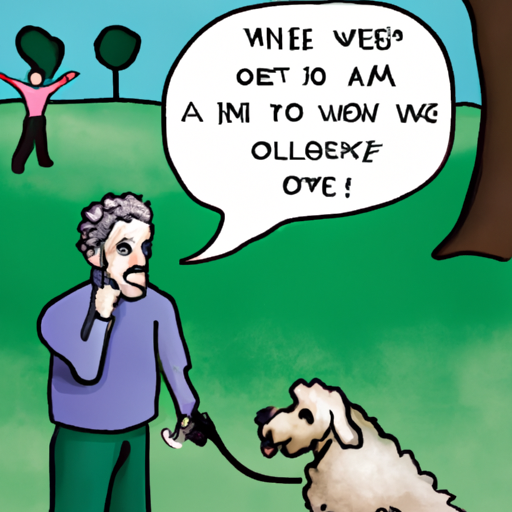Being a caregiver to a dog comes with many joys but also some challenges. One challenge that you may face is your dog’s aggression towards other dogs. It can be perplexing and stressful, but understanding the reasons behind your dog’s behavior can help you deal with the situation effectively.
Understanding Dog Aggression
Dog aggression can manifest in various forms such as barking, growling, biting, or lunging. It’s crucial to understand that aggression is often a symptom of underlying issues. Here are some common reasons:
- Fear: Dogs can become aggressive when they feel scared or threatened.
- Dominance: Some dogs may show aggression to assert their dominance.
- Territoriality: Dogs can become aggressive when protecting their territory.
- Prey Drive: Some breeds have a high prey drive and can become aggressive when they see other dogs as “prey”.
- Lack of Socialization: Dogs that aren’t properly socialized can be aggressive towards other dogs.
How to Recognize Signs of Aggression
Recognizing signs of aggression early can help prevent escalations. Watch out for these signs:
- Raised Fur
- Bared Teeth
- Snarling or Growling
- Intense Staring
- Stiff Body Posture
Tips to Manage Your Dog’s Aggression
Managing your dog’s aggression requires patience, consistency, and knowledge. Here are some tips:
- Socialize Your Dog: The earlier your dog is exposed to other dogs and experiences, the better.
- Training: Obedience training can help control aggressive behavior.
- Avoid Trigger Situations: If certain situations trigger your dog’s aggression, try to avoid them.
- Consult a Professional: If the aggression continues, consider seeking help from a professional dog trainer or behaviorist.
| Tips | Explanation |
|---|---|
| Socialize | Expose your dog to different experiences |
| Training | Teach your dog basic commands |
| Avoid Triggers | Keep your dog away from situations that provoke aggression |
| Consult a Professional | Seek professional help if necessary |
When to Seek Professional Help
If your dog’s aggression is causing stress or danger, it’s time to seek professional help. A professional dog trainer or behaviorist can help identify triggers and create a personalized training plan.
FAQs
Q: Why is my dog suddenly aggressive towards other dogs?
A: Sudden aggression could be due to medical issues, fear, a traumatic experience, or a lack of socialization.
Q: Can an aggressive dog be cured?
A: With proper training and management, an aggressive dog can learn to behave better. However, it’s important to understand that each dog is unique and improvement takes time.
Q: Should I punish my dog for being aggressive?
A: Punishing your dog can often make aggression worse. Instead, reward-based training methods are usually more effective.
Remember, understanding and patience are key to helping your dog overcome aggression. As a caregiver, your role is vital in guiding your furry friend towards better behavior.



